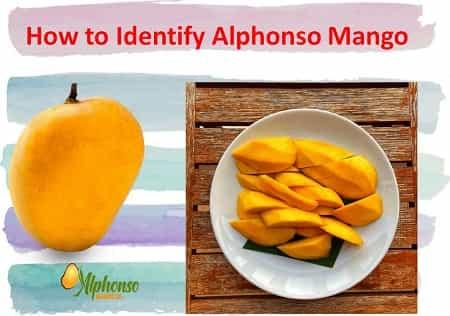
How to identify authentic Hapus mango?
By Prashant Powle
Want to buy real Hapus mangoes? This article tells you how! Learn how to find real ones. Look for a unique tag. This tag means they are real. You can...
Read moreTaste the real Alphonso Mango SHOP NOW.

By Prashant Powle
Want to buy real Hapus mangoes? This article tells you how! Learn how to find real ones. Look for a unique tag. This tag means they are real. You can...
Read more
By Prashant Powle
Want to know how to find real Alphonso mangoes? This article helps you! Learn how to tell if a mango is real. Look for unique marks. These marks mean it...
Read more